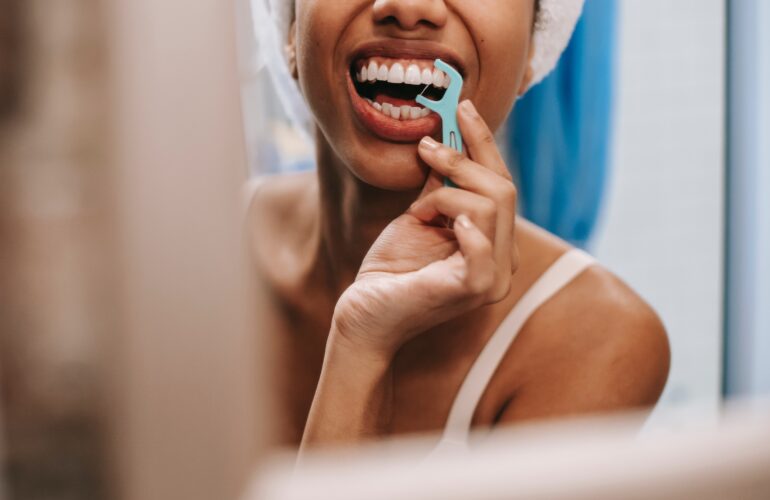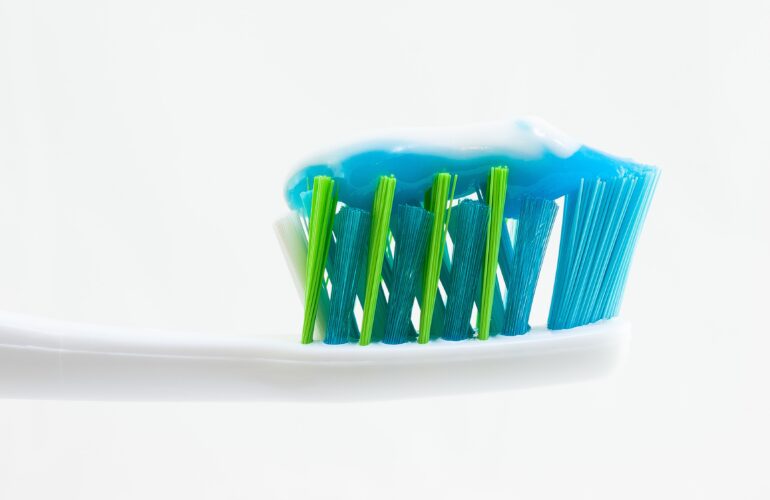Maintaining good oral hygiene is crucial for a healthy smile and overall well-being. While most of us brush our teeth daily, many people unknowingly make mistakes that can compromise the effectiveness of their oral care routine. In this blog post, we’ll highlight six common mistakes you might be making while brushing your teeth and provide tips on how to correct them for optimal dental health.
1. Brushing Too Hard
The Mistake: Applying excessive pressure while brushing can erode tooth enamel and damage gums, leading to sensitivity and potential gum recession.
The Fix: Use gentle, circular motions with a soft-bristled toothbrush. Allow the bristles to do the work and focus on reaching all areas of your mouth, including the gumline and back teeth.
2. Not Brushing Long Enough
The Mistake: A quick once-over is not enough to effectively remove plaque and food particles from your teeth.
The Fix: Aim for brushing for at least two minutes, spending equal time (30 seconds) on each quadrant of your mouth. Using a timer or an electric toothbrush with a built-in timer can help ensure you brush for the recommended duration.
3. Neglecting the Gumline
The Mistake: Ignoring the gumline can lead to plaque buildup, gingivitis, and gum disease.
The Fix: Tilt your toothbrush at a 45-degree angle and gently brush along the gumline using light, circular motions. This helps remove plaque and bacteria that can cause gum issues.
4. Using an Old Toothbrush
The Mistake: Using a worn-out toothbrush with frayed bristles can be ineffective and may not clean your teeth properly.
The Fix: Replace your toothbrush every three to four months or sooner if the bristles are frayed. A fresh toothbrush ensures optimal cleaning and reduces the risk of bacterial growth.
5. Skipping the Tongue
The Mistake: Neglecting your tongue can result in bad breath and a buildup of bacteria.
The Fix: After brushing your teeth, gently brush your tongue or use a tongue scraper to remove bacteria and freshen your breath. This simple step can significantly improve your oral hygiene.
6. Not Rinsing Properly
The Mistake: Rinsing your mouth immediately after brushing can wash away the fluoride from toothpaste, reducing its protective benefits.
The Fix: Spit out the excess toothpaste after brushing, but avoid rinsing your mouth immediately. This allows the fluoride to remain on your teeth longer, providing additional protection against cavities.
Brushing your teeth is a fundamental part of your daily oral care routine, but it’s essential to do it correctly to reap the full benefits. By avoiding these common mistakes and following our tips for proper brushing techniques, you can maintain a healthy smile and reduce the risk of dental issues down the road.
Remember, good oral hygiene is not just about brushing; it’s also about flossing daily, visiting your dentist regularly, and making smart dietary choices. Your teeth and gums will thank you for the extra care and attention!
For more dental tips and insights, stay tuned to our blog and make sure to schedule regular check-ups with your dentist for a thorough dental examination and professional cleaning. Your smile deserves the best care possible!




